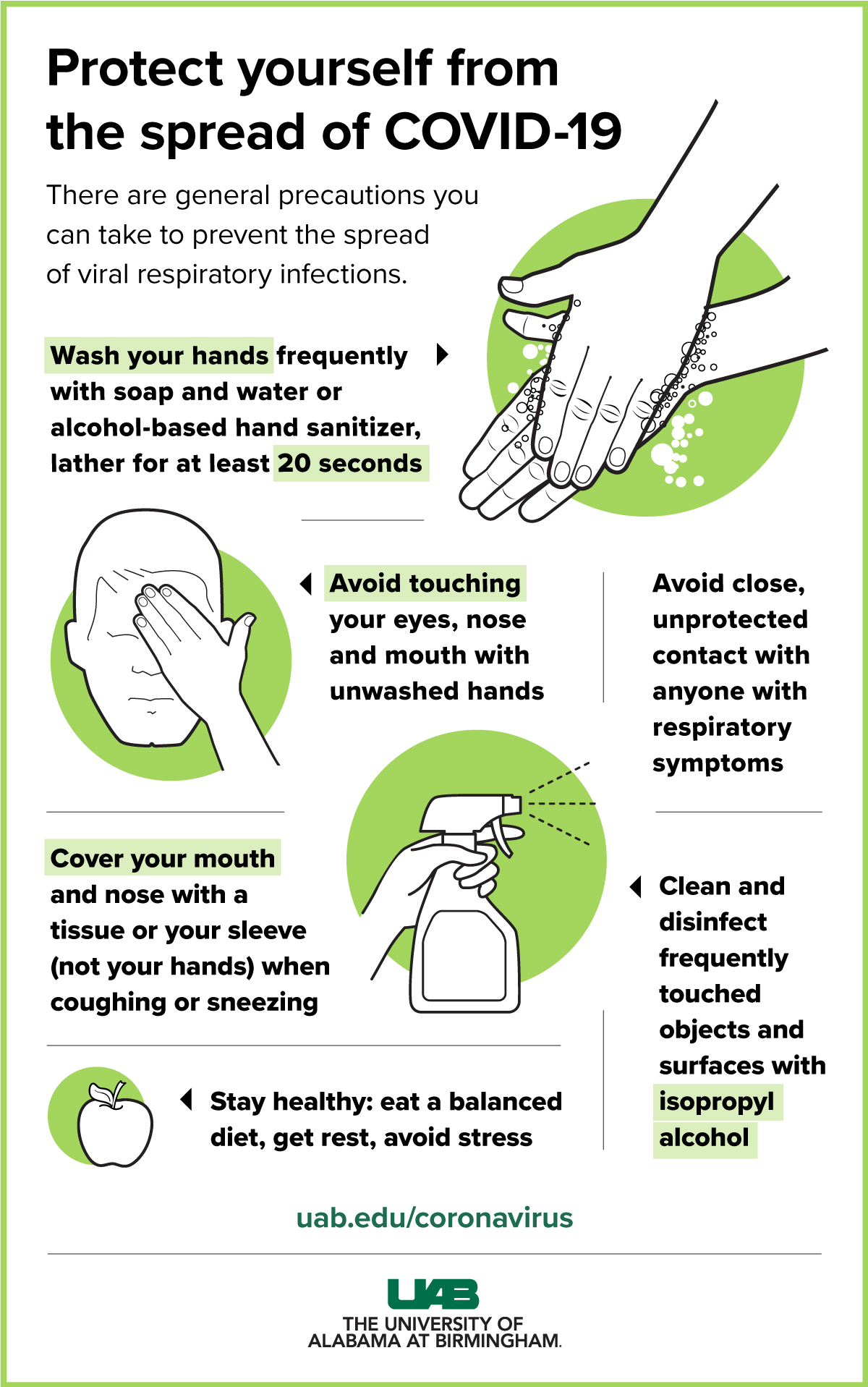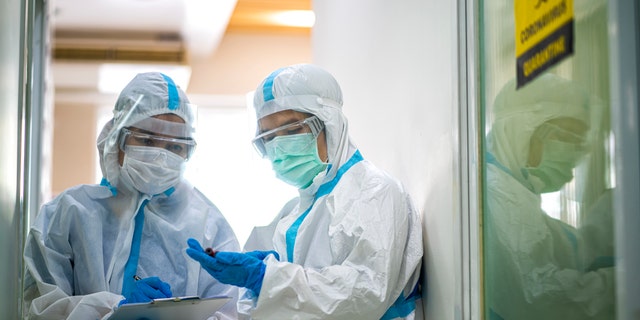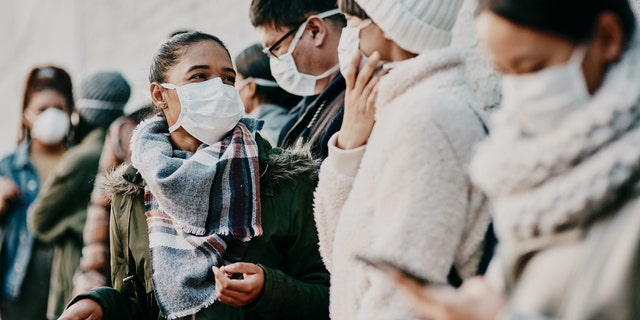
Hallo, good morning, This article will bring about how to prevent covid-19 if exposed How coronavirus 'super-spreaders' may pass COVID-19 to others see in full
President Trump testing positive for
"The vigilance still needs to be there," said Deutsch, who has previously been infected with coronavirus as well. "People are still getting sick. If somebody at the highest level of power in the United States is going to be exposed, we all need to assume we can be too."

President Donald Trump and first lady Melania Trump tested positive for COVID-19, the president confirmed early on Friday morning. (AP Photo/Patrick Semansky)
Deutsch added that some are also speculating as to whether Trump could be linked to a super-spreader case.
“I think that we’re going to find that there’s going to be a number of infections in his Cabinet and his close contacts,” Deutsch told Fox News. “It’s inevitable. He made it clear he didn’t think masks were necessary when you’re around people you know. And as we’re aware from practicing medicine and testing patients, that’s not the case.”
In order to avoid becoming a super-spreader, Deutsch recommended people take precautions, like minimizing exposure to others, and wearing masks.
"I think everybody should take matters into their own hands," he said. "It doesn't matter whether it's your boss or it's the president, wearing a mask works and being told you don't need to wear one because you're familiar with one another is just not good advice."
Even people following health and safety precautions can fall victim to super-spreader events. A summer camp held in Georgia in June followed state guidelines that required everyone to test negative before arriving. Still, one of the campers began displaying symptoms. Hundreds of teenagers and staff members who attended tested positive for COVID-19.
"If you're in an environment where you're around multiple people not wearing masks, you're basically a sitting duck," Deutsch said.

Super-spreader events have been linked to both the “explosive” growth early in virus outbreaks as well as sustained spread later on. (iStock) (iStock)
A super-spreader could be someone infected with the virus who coughs a lot, spreading more droplets with the virus further and to more people, according to Amler. Or it could be someone with an underlying medical condition that causes them to carry the virus longer. It could even be someone who simply encounters many people. And because people with the virus may be asymptomatic, it’s also possible someone not showing signs of infection could also be a super-spreader.
“It's more of a colloquial term that epidemiologists and public health responders use to describe a situation where someone in a population or in a community seems to have spread the disease a lot more than most of the others,” he said.

The coronavirus spreads through droplets and airborne particles suspended in the air and inhaled, according to the CDC. (iStock)
reported.
“We don’t want to stigmatize people or blame people,” Amler told Fox Business. “People are sick, they’re trying not to be sick. And if you think back to times when you’ve been sick, it’s hard to not infect the people around you. You do your best, but it’s hard.”
The best way to avoid being exposed to a super-spreader and avoid becoming one is to stay home, according to Amler.
“Do everything you can to block that exposure and then, as you’re doing that, my other two recommendations are: use common sense and do the best you can,” he said.
Fox News' Ann Schmidt contributed to this report.
Thank you explanation the subject How coronavirus 'super-spreaders' may pass COVID-19 to others hopefully items this beneficial thank you
Articles this was posted on tag
Comments
Post a Comment